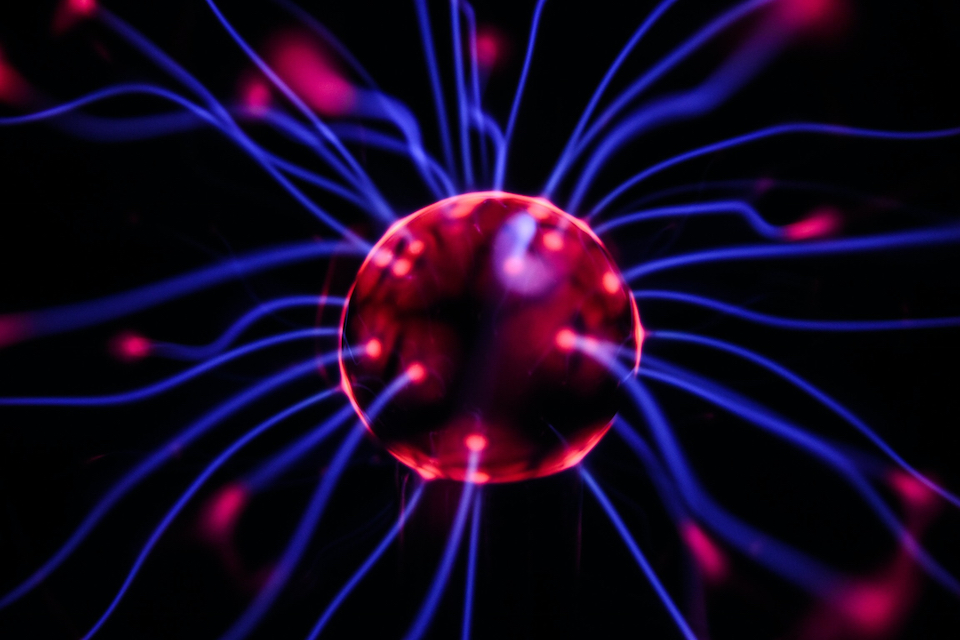
Those interested in the biological mechanism of human thought probably believe that consciousness resides only in the complex network of neurons in their skull.
And to some extent, this is true: 86 billion neurons, the electrically conductive cells of the human brain, control many cognitive processes. But not all of them.
Intellectual work is supported by three other types of cells, with important properties unknown to us until recently: microglia, astrocytes and oligodendrites.
glial cells, as they are collectively called, they have been slightly neglected by neuroscience, but that has changed now as researchers have realized that they act as more than just “glue” to the brain.
Microglia act as the “gardeners” of thought. They “prune” connections between neurons to keep the network in order. Oligodendrites, long thought to be mere “insulators” of electrically conductive fibers through which neurons communicate, play a critical role in signal regulation. And the most interesting thing is that astrocytes turn synapses into biological “transistors” that regulate the flow of information at the junctions of axons that carry signals. 
These findings are not only of academic interest, they concern our everyday life: glial cell misbehavior is implicated in a number of conditions, disorders, and diseases: from autism to multiple sclerosis and obsessive-compulsive disorder. Therefore, their study is associated with important medical applications.
Source: Kathimerini
Ashley Bailey is a talented author and journalist known for her writing on trending topics. Currently working at 247 news reel, she brings readers fresh perspectives on current issues. With her well-researched and thought-provoking articles, she captures the zeitgeist and stays ahead of the latest trends. Ashley’s writing is a must-read for anyone interested in staying up-to-date with the latest developments.